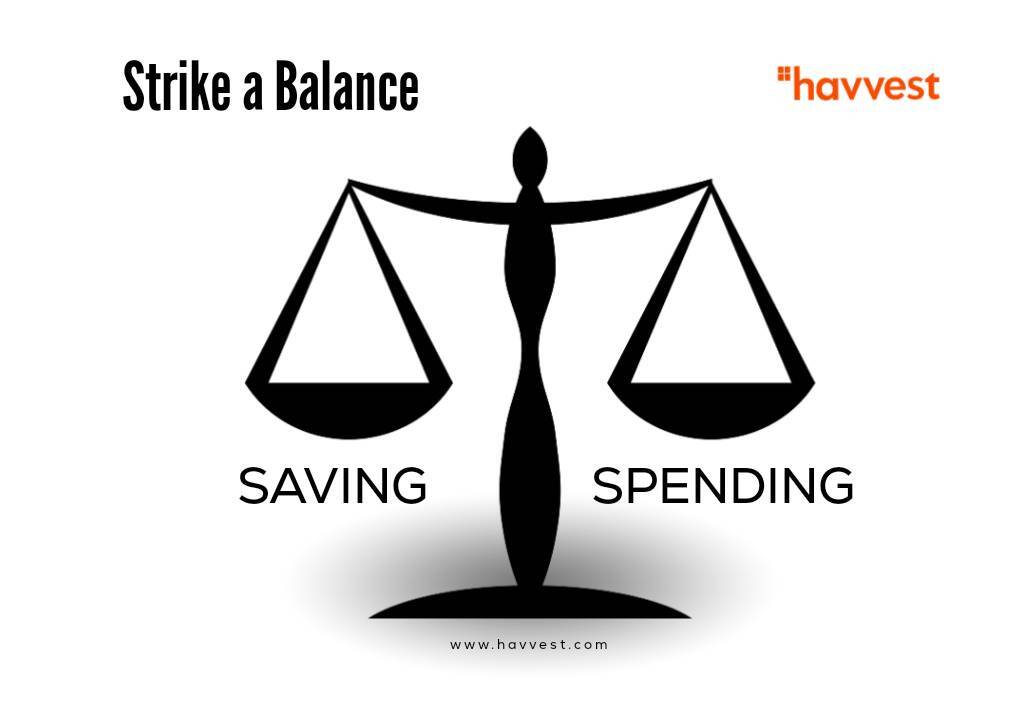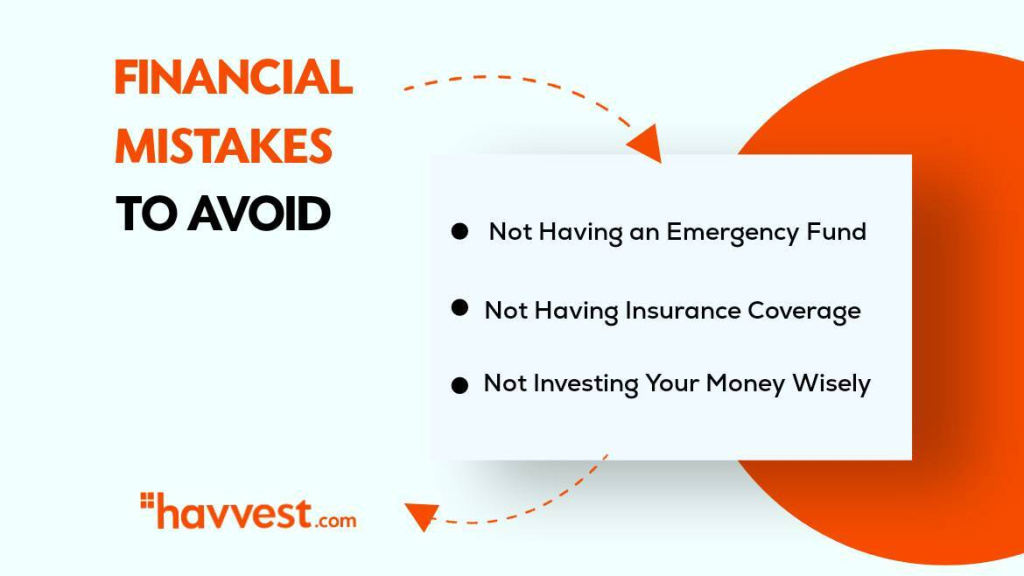Money makes the world go round and round. Grumbles in accuracy!
Well, sometimes the world keeps spinning till it reaches your doorsteps and automatically stops. You may think it’s just sheer bad luck but sometimes it might just be mismanagement.
Today is your lucky day! We’re going to be teaching you how to manage your salary like a boss. We’ll cover everything from budgeting tips to investing strategies so that you can make the most of your hard-earned money and make it work for you.
So, if you’re ready to take control of your financial future, then grab your latte and let’s begin! We will show you how to manage your salary efficiently, responsibly and in style. It’s time to unlock the secrets of being a successful financial guru, a force to reckon with.
Budgeting Your Income

When it comes to budgeting, it pays (literally) to know what you’re doing. Your salary is your precious, precious resource and managing it wisely is the key to success. Think of it as your monthly allowance – the amount you can spend without running out of money before payday.
Although, before you get caught up in the excitement of knowing how much you can spend, make sure that you’ve taken into account the following:
- Taxes: Who doesn’t like paying taxes? No one, that’s who! But taking taxes into account will give you a much more realistic (and lower) picture of your disposable income.
- Savings: It’s best to have some money put away for emergencies or future investments – depending on your financial goals, it is advisable to save at least 10-20% of every paycheck. It’s alright if you don’t trust yourself to save; we’re only a click away. Just a brief message and you’re on your journey towards financial stability.
- Bills and Necessities: Take into account fixed expenses like rent, utilities and fixed subscriptions – these should be a priority when budgeting.
So go ahead and budget your income sensibly – this way, when it comes time for shopping sprees or vacations, you’ll have plenty left over!
Saving Money to Have a Financial Cushion

We get it—it can be hard to save money. We all love the good life.
But here’s what you can do to get ahead: Instead of treating yourself by buying that chicken burrito every day, why not treat your savings account instead? Besides, you can still enjoy your favourite chocolate milkshake if you purchase it in moderation.
Think of savings as a separate entity that requires its own budget. Every month (or whatever time frame works for you), evaluate your salary and decide how much money you need to keep aside for bills, debts, and other necessary expenses. The leftover should be divided up into three funds—the “Must Have,” the “Emergency Fund,” and the “Fun Money” Fund.
The “Must Have” fund is for essential items like rent, monthly bills, car payments, etc. The “Emergency Fund” is there just in case a natural disaster strikes or you suddenly find yourself unemployed—it’s a financial cushion to reduce stress during tough situations. And the third fund—”Fun Money”—is where it’s at! This is money that you set aside for trips and other fun activities that won’t break your bank.
When you create a system for managing your salary this way, you’ll have less pressure and more peace of mind knowing that all of your expenses are handled in an organised manner.
Investing in Income-Generating Assets

Money sitting idle in your bank account may be sitting pretty with its legs crossed, but it won’t make you any richer. That’s why it’s important to start investing in income-generating assets, such as real estate, to put your salary to work for you.
However, don’t just dive into the world of investments head-first—there are a few things you need to know first. Here are a few key points:
- Do your research – take some extra time to analyse the various investment options and pick ones that make sense for your financial situation and goals. If you’re still lost in the haze, then our consultants are always available and ready to take on all your questions.
- Start small – if you’re new to investing it makes sense to start small and build up your portfolio over time.
- Diversify – having multiple investments spread across different sectors can help reduce risk and increase overall returns on investment.
- Have a plan – make sure your investments align with both short-term and long-term goals, such as retirement savings or college tuition funds for your kids.
Investing in income-generating assets can be an excellent way to make the most of your hard-earned salary, but it pays off to do some research or ask questions before you get started so that you know what you’re getting into!
Striking a Balance Between Saving and Spending

Managing your salary and striking a balance between saving and spending can feel like being stuck between a rock and a hard place. It doesn’t have to be—you just need the right approach.
So how do you navigate this tricky situation? Think of it like driving on a muddy road: you don’t want to go too fast, but any speed that keeps you moving is okay.
The same principle applies to managing your salary when it comes to saving and spending. Here are some tips on striking that balance:
- Make budgeting simple by creating categories for expenses, such as food, entertainment, clothing, etc.
- Decide how much of your income you want to save each month and set up an automated deposit system into dedicated savings accounts.
- Automatically pay bills, like electricity, water, so you don’t forget or become overwhelmed with managing them all at once.
- Be conscious about spending—if it’s something you don’t need immediately or know will make a short-term impact on your finances, then consider passing it up in favour of something more sustainable in the long run (like groceries).
- And lastly—have fun! You worked hard for this money so make sure you treat yourself now and then with activities or purchases that bring joy into your life (just be mindful about how much).
Striking this delicate balance may take some practice but with enough dedication and perseverance, you’ll be able to find the right ratio of saving to spending that works best for your situation!
Financial Mistakes to Avoid

It’s true that managing your salary doesn’t come without its pitfalls, so let’s go over some mistakes to avoid if you want to get the most of your hard-earned cash. After all, if you don’t take the time to be mindful of your financial decisions, nobody else will do it for you.
Not Having an Emergency Fund
It’s always a good idea to have a separate emergency fund in case life throws you any curveballs that may require additional spending. This could be anything from car repairs to medical expenses—so it’s always wise to have a little extra tucked away just in case.
Not Having Insurance Coverage
Insurance is slowly becoming a thing in Nigeria and having an insurance policy is gradually seeing the break of day. It’s great to be optimistic, but then we live in a world filled with unexpected events. When things don’t go as planned and you incur any unexpected expenses, having an insurance policy can provide much-needed support in getting back on track. Plus, it’s always nice knowing that financial protection is available if needed.
Not Investing Your Money Wisely
If you want long-term financial security and freedom, then investing is the way to go. Too often people think money just needs to be saved up in order for them to become financially secure: but that isn’t necessarily true. You can adjust your investments as needed so they match your needs and goals, therefore, make sure you’re checking out our investment plans to know which one perfectly suits your goals!
Tips to Maximise Your Salary

These tips have been tested and tried by professionals and it works.
Track your expenses
First, you’ll need to get an accurate picture of where your money is going. Start by tracking all of your expenses—from rent to entertainment—so you can see where your money is being allocated. Having a clear understanding of where it’s going will help you be more mindful and intentional with the way you spend.
Set a budget
This cannot be overemphasised! Once you know where your money is going, it’s time to make a budget. A budget should be a living document that you continuously revise as new expenses come up or changes in income occur. Start by setting realistic goals such as building up an emergency fund or saving for retirement and determine how much money will be allocated towards these goals each month.
Utilise “fun” accounts
It can be difficult and intimidating to stick to a strict budget without any leeway. To make it easier, try splitting up the funds into sub-accounts such as “entertainment” or “vacation” and give yourself specific amounts that are allowed in each account every month. That way, you can still indulge in some of life’s pleasures without breaking the bank!
Invest
Investing is the only way you can harness the power of compound interest. It is the interest that is earned not only on the original principal investment, but also on the accumulated interest from previous periods. Unlike simple interest, compound interest helps you reach your financial goals faster and over time, it transforms you from being just comfortable or rich to wealthy which we perceive is your goal.
So, there you have it. Now you know how to manage your salary like a pro. This newfound knowledge will help make sure your money is going where it needs to be, so you can feel more in control of your finances. So, don’t be a financial rookie—get salary savvy and take control of your money today and don’t forget Havvest is your surest plug!




